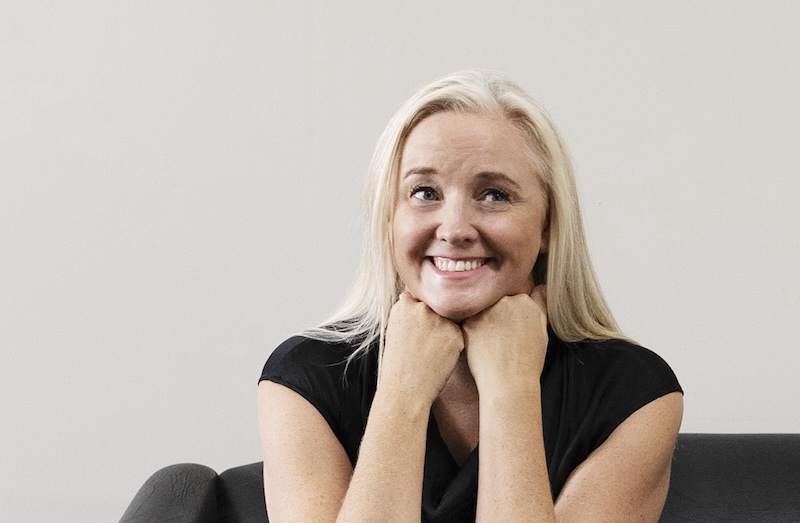The federal government has unveiled a substantial boost to Australia’s refugee intake, offering an additional 16,500 humanitarian places over the next four years to people fleeing Afghanistan.
Key points:
- The additional allocation means around 31,500 people from Afghanistan will be allowed to resettle in Australia over the next four years
- Refugee advocacy groups welcome the announcement, saying it brings much-needed hope
- The change still will not bring the annual uptake to the same level it was before the pandemic
While the official humanitarian program will notionally remain frozen at 13,750 places a year, the additional Afghanistan commitment will effectively see that annual figure increase to 17,875 until 2025-26.
It’s the most significant, one-off increase to Australia’s humanitarian program since Tony Abbott offered an additional 12,000 places to Syrian and Iraqi refugees over two years in 2015, after catastrophic conflict in the region.
However, it will still not bring the annual humanitarian uptake to the same level it was before the pandemic, in 2018-19, when the government had a target of 18,750 places.
The Government cut that figure down to 13,750 in 2020, in part because the pandemic made it difficult to bring refugees into the country.
Paul Power, the chief executive of the Refugee Council of Australia (RCOA), said the community had asked for the restoration of the humanitarian program to its 2013 level of 20,000 places, but conceded that yesterday’s announcement was a “fantastic start”.
“It’s going to make an enormous difference to people who are seeking safety in Australia,” he said.
“Earlier in the year, many people were losing hope that the government was going to respond positively.”
He added that the government appeared to be responding the public sentiment in Australia, which has been strongly influenced by the conflict in Ukraine and the situation in Afghanistan.
“We’re now seeing a couple of decisions [that] reflect where the heart of the nation is,” he said.
The Immigration Minister, Alex Hawke, said the commitment — which will cost the budget just under $666 million over the next four years — was “in recognition of our sustained commitment following Australia’s two decades of operations in Afghanistan”.
There has been a flood of refugees from Afghanistan since August last year when the capital Kabul fell to the Taliban.
Since the fall of Kabul, the government has received more than 32,500 applications for the humanitarian program from Afghan nationals, on behalf of more than 145,000 individuals.
The federal government evacuated more than 6,000 Afghans when the militant group seized control, including many people who had worked for the Australian Defence Force or the Department of Foreign Affairs and Trade.
But several of them have been unable to get family members or relatives out of Afghanistan since then.
Some former contractors who are also still stuck in the country have accused the federal government of abandoning them.
The government has made a series of commitments to Afghan refugees since the fall of Kabul.
In January, Mr Hawke announced the government would allocate 15,000 places within the existing humanitarian and family visa programs for Afghan nationals trying to escape the Taliban.
The additional budget allocation means that, in total, around 31,500 people from Afghanistan will be allowed to resettle in Australia over the next four financial years.
Mariam Veiszadeh, a spokesperson for the Afghanistan Australian Advocacy Network, said that, at a preliminary level, the announcement is “very much welcome”.
“The announcement is going to bring a lot of hope to a lot of people from Afghanistan who have been in a really dire state and have been feeling absolutely hopeless,” Ms Veiszadeh told the ABC.
She added that the focus now needed be on the implementation and expediting the existing applications.
“I’ve been in contact with my own family members in Afghanistan who still have not received [their] confirmation or even an acknowledgement that the application has been submitted,” she said.
“We hope this commitment is realised, as we do not want to provide false hope to thousands of people .”
Loading form…












%20(2)%20(1).jpg)








Discussion about this post